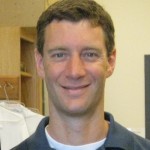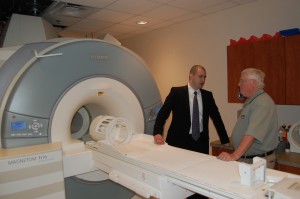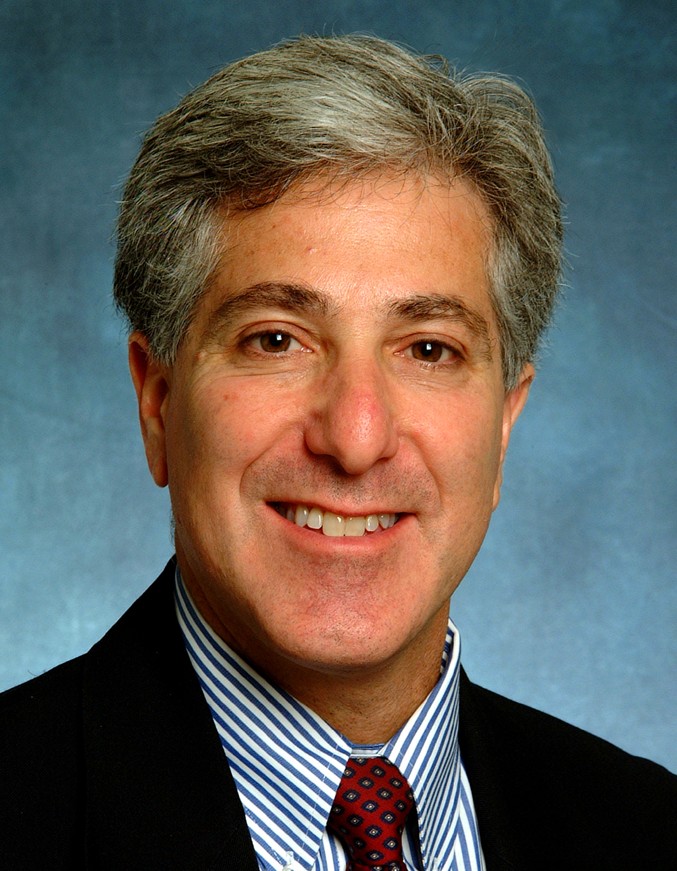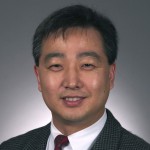Researchers at Emory University and the University of Georgia have received funding from the National Institutes of Health to study the neurobiological mechanisms for how regular aerobic exercise may prevent drug abuse relapse. The grant is for $1.9 million over the next five years.
David Weinshenker, PhD, associate professor of human genetics, Emory School of Medicine, is a co-principal investigator on the project.
“This research will provide new insight into how regular exercise may attenuate drug abuse in humans,” Weinshenker says. “More importantly, it may reveal a neural mechanism through which exercise may prevent the relapse into drug-seeking behavior.”
During the study, Weinshenker and UGA co-investigator Philip Holmes, professor of psychology in the Franklin College of Arts and Sciences, will measure exercise-induced increases of the galanin gene activity in the rat brain.
















